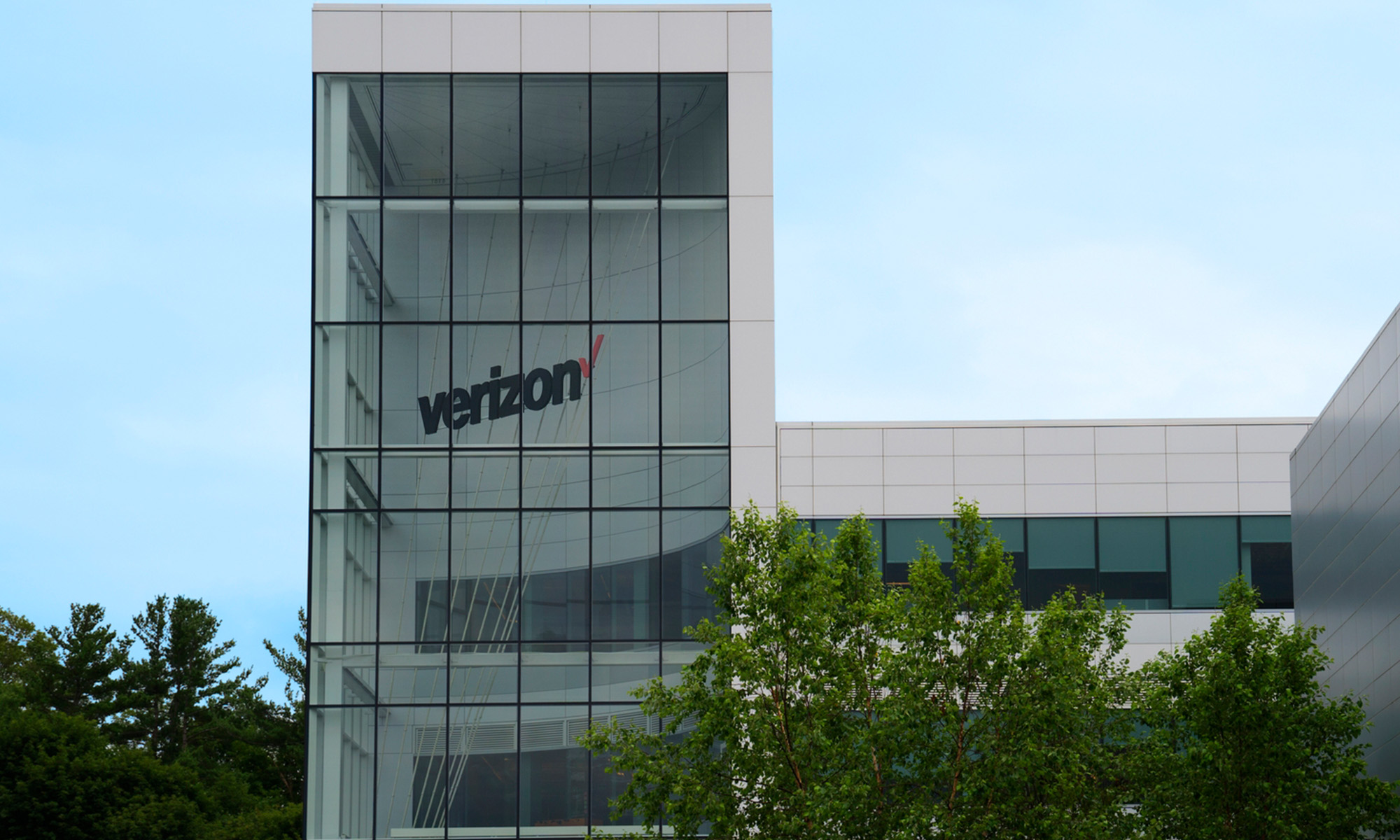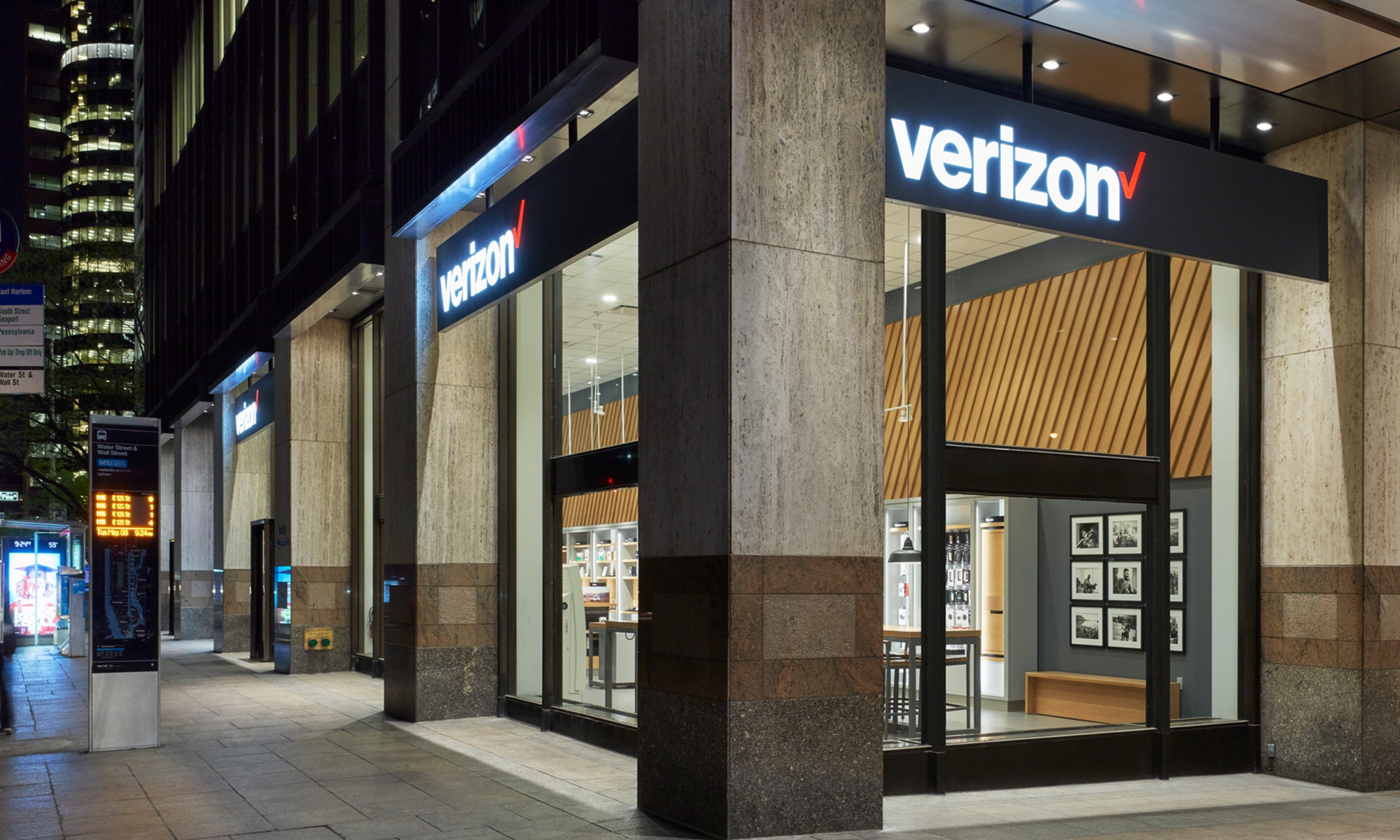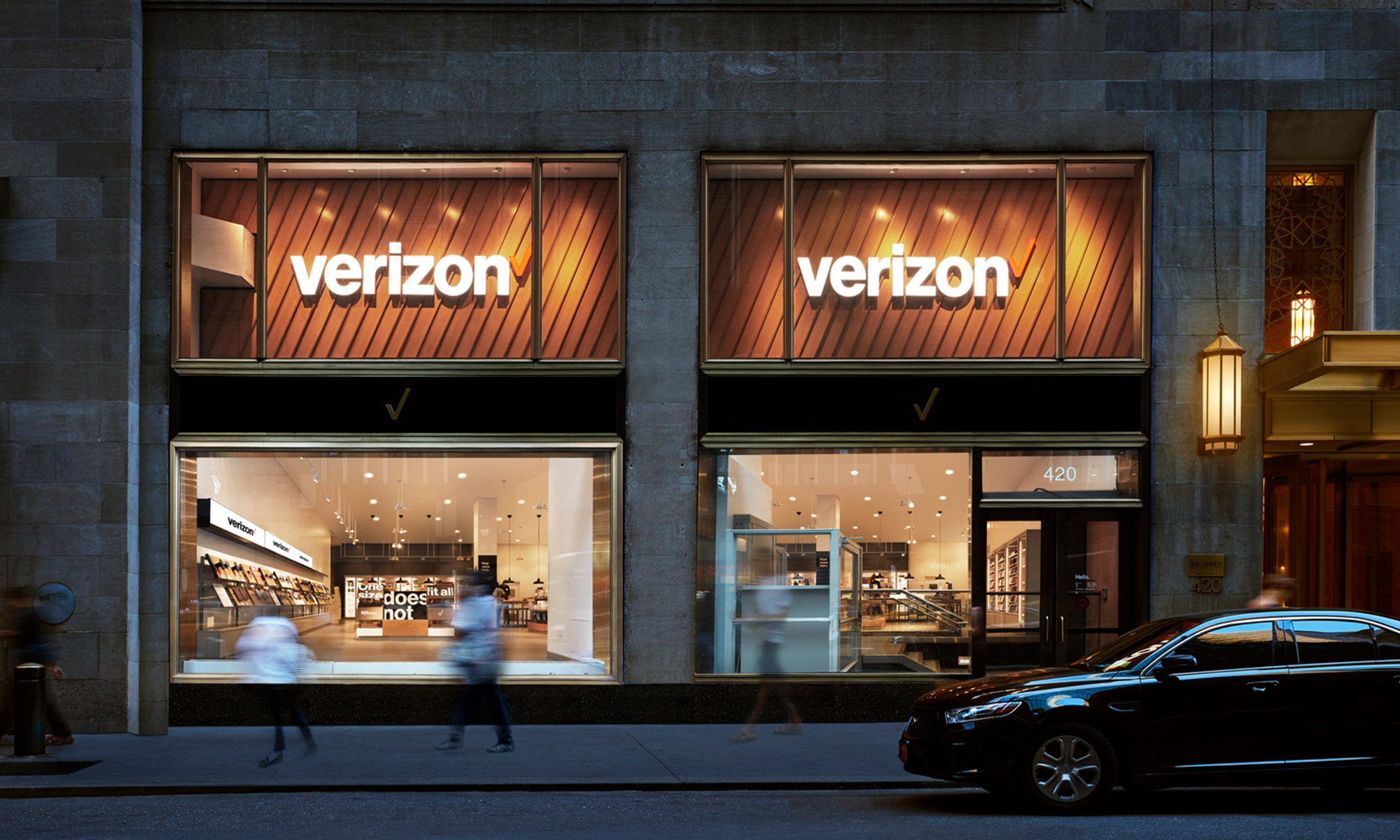Apple's (AAPL +0.09%) quite the stickler when it comes to carrier partnerships. Not only do the service providers have to cede any semblance of control over the user experience and pay hefty subsidies, they frequently also have to commit to minimum purchase obligations that add up to tens of billions of dollars. As the top domestic carrier, you'd think Verizon (VZ +1.67%) Wireless should have had no problem meeting these quotas. You might be wrong.
Sell more Big Red iPhones
Analyst Craig Moffett, who left Sanford Bernstein this year to go it alone, just so happened to be digging through 2011 SEC filings from Vodafone one day, which owns 45% of Verizon Wireless, and stumbled upon a footnote that said the carrier was on the hook for $45 billion in total purchase commitments. Most of this total is for the iPhone, Moffett believes.
Moffett estimates that Verizon Wireless might end up falling short on its obligations by $12 billion to $14 billion if the company doesn't sell $23.5 billion in iPhones this year. If Verizon doesn't hold up its end of the bargain, Apple might be able to extract some penalties from the carrier. Verizon probably won't just cut a check for the difference and call it a day, but will inevitably have to negotiate some type of settlement with Apple.
It's not likely that Apple will just forgive and forget and let bygones be bygones; these purchase commitments are there for a reason. With global smartphone demand slowing on the high end, letting Verizon skip by scot-free would set a bad precedent.
One's ahead, another's behind
Big Red's iPhone purchase commitments have never been publicized, like other carriers. For instance, when Sprint (S +0.00%) became an iPhone carrier it said it was on the hook for $15.5 billion in iPhones over the following four years. Based on quarter-specific average selling prices, the No. 3 carrier looks to be slightly ahead of schedule with its own obligations. My estimates show that Sprint has moved $6.3 billion worth of iPhones in the first six quarters.
Leap Wireless (NASDAQ: LEAP) has had trouble keeping up with its commitment, saying its current selling rate puts it $450 million short of its three-year deal with Apple. The company expected to only meet half of its first-year commitment through June 2013, which hadn't changed by the time of its most recent 10-Q. Leap is one of the only major domestic carriers that doesn't report iPhone activations, but clearly there's something to be desired with the figures.
The downside of free
Since Apple's iPhone purchase commitments appear to be based on dollar amounts instead of unit volumes, perhaps the surprisingly strong demand of the iPhone 4 hurt Verizon in this regard.
Half of Verizon's iPhone activations in both Q4 and Q1 were LTE-equipped iPhone 5 models, as there was a lot of pent-up iPhone demand at the $0-on-contract price point within Verizon's customer base. Apple's been struggling to keep up with demand, and the aging iPhone 4 was constrained in Q4. That model retails for $200 (or 30%) less than the newest iPhone 5. Each iPhone 4 unit satisfies a lot less dollar commitment.
Will Apple cut Verizon some slack?






